
Despite the disappearance of identity variations in diagnostic classifications, psychiatrists can contribute to solving social challenges.

Despite the disappearance of identity variations in diagnostic classifications, psychiatrists can contribute to solving social challenges.

An analysis of symptom severity across domains may enable us to reevaluate how we categorize symptoms within the spectrum of psychotic illness.

It is clear that unless things change radically in the coming decades, psychiatry-like other branches of medicine-will have to accommodate itself to the effects of disruptions to existing ecosystems.
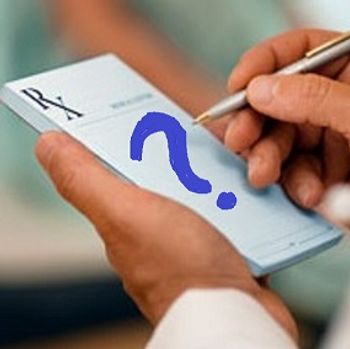
Many of us are seeing patients who have been prescribed potentially addicting medication by another physician, and our level of vigilance needs to be high.

How to frame a novel transactional model for attending to both patient and physician character styles and provide strategies for identifying and managing these interactions.

A new study shows that rates of severe mental illness in youths have dropped substantially since 1996. What might study results portend for psychiatric practice?

Critics of psychiatry claim there is an “epidemic” of mental illness in the US-and some argue this is a consequence of psychiatric treatment. But the best epidemiological evidence reveals no such epidemic in this country, rendering the iatrogenic “explanation” null and void.

As clinicians, we can only imagine what happens when patients terminate treatment. Thoughts from an addiction psychiatry fellow.

Sometimes when proposing a treatment plan, I flash to an image of my patient seated beside me on this orchard bench watching orioles court in May’s sharp sunlight...
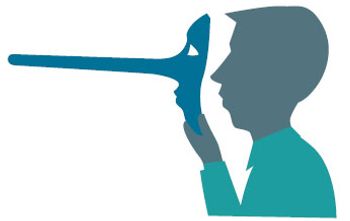
The most common pesticide for residential use and increasingly used in agriculture may be encouraging expression of an ADHD phenotype.
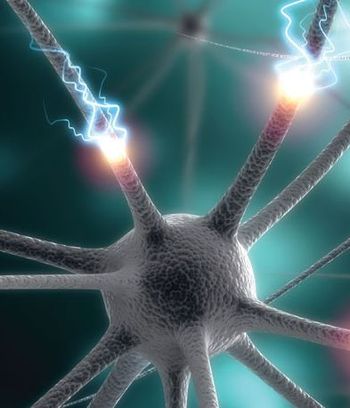
Studies examining the impact of ADHD drugs on dopamine transport have been inconclusive, and preclinical research suggests that emotional factors play a greater role than stimulant therapy in fostering addictive behaviors.
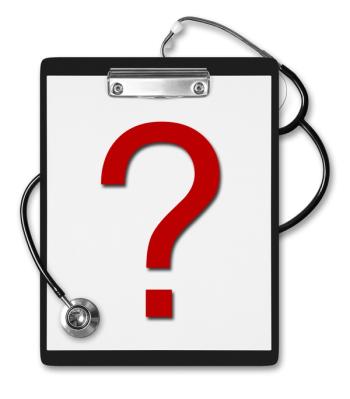
We have many tragic events that affect our collective grieving process. How should they be mourned over time?
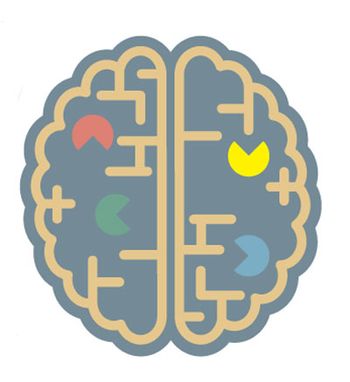
A new network-based neuroimaging study seeks to identify biomarkers across the spectrum of impairment in schizophrenia.
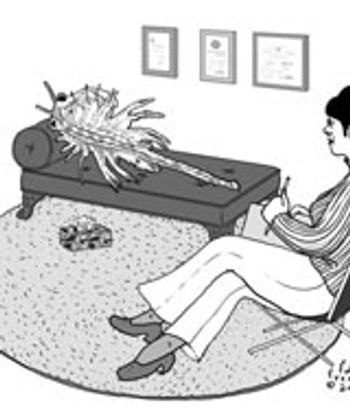
"So how did you feel when you found out you weren't a . . .?"

A Q&A with a board-certified psychiatrist, whose radio show has become a vehicle for hundreds of hidden experiences to be brought into the light and transformed into inspiring narratives.
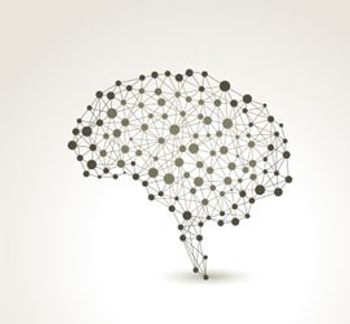
As the intricate relationship between impaired glycemic control and bipolar disorder begins to unravel, possible directions for treatment options for the mood disorder continue to expand.

Mobile health interventions are helpful to patients receiving medications that reduce cravings, but what about adherence-focused monitoring?

Opioid-dependent patients presenting to an emergency department for other medical reasons are more likely to pursue addiction treatment if a specific therapy is initiated during their emergency care stay. What therapy are we talking about?

Physicians recognize many features of schizophrenia, but one neglected area is the common symptom of a poor self-other boundary-in fact, this has also been neglected as a criterion for the DSM.
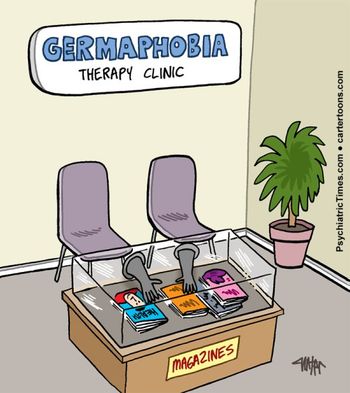
Some novel ideas for the therapy clinic.

Although delusional jealousy was described as an initial symptom in Alois Alzheimer’s first case report, little is known about its clinical features and prognosis in dementia.

There is a myth circulating in the blogosphere-usually among the most extreme critics of our profession-that there exists some monolithic entity called “Psychiatry” (with a capital “P”).

A beautifully detailed algorithm for treatment options in bipolar disorder is described.
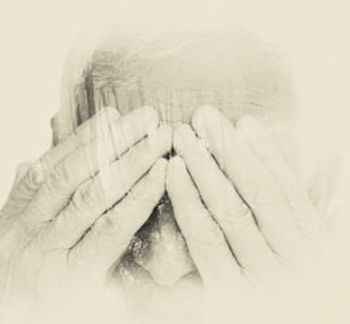
Although a number of observational studies point to an association between conventional antipsychotic agents and increased risk in older patients, new research suggests such findings may have been flawed.

There is no worse death than a hospital death. This requires preparation and preparation requires recognizing that dying is a necessary, and indeed desirable, part of life.

To determine a treatment plan, psychiatrists may consider the social and cultural context before they attempt to formulate an assessment and diagnosis of depression or another psychiatric disorder. The Cultural Formulation gives us the tools to do just that.

Many older adults experience loneliness, profound psychosocial changes, and loss. Screening, recognition, and treatment of mood disorders in late life significantly decrease morbidity associated with many problems encountered by the elderly.

Findings on mood disorders, and the disability associated with it, speak to the need for effective treatments for depression.

Multiple perspectives are required to fully understand a concept. This seems to be the growing consensus with the schizophrenia spectrum disorders.

So many had stared at John Nash, for different reasons, at different times. Now that his own stare is frozen in time, the challenge is to understand the meaning of the stares that he had received during his life.